Retro Biosciences


Overview
Retro Biosciences is dedicated to advancing the science of aging to enhance human health and longevity. Our mission is to unravel the mechanisms of aging, addressing the root causes of age-related diseases that contribute to healthcare challenges globally. By employing innovative methods such as single-cell multi-omics, pooled perturbations, and targeted delivery systems, we focus on understanding and intervening directly in cellular drivers of aging. Our students engage in research that spans diverse areas, including cellular reprogramming, plasma-inspired therapeutics, and autophagy, with programs strategically diversified across mechanisms and development stages. At Retro, we value a collaborative and mission-driven team culture, emphasizing kindness, authenticity, rigor, and rapid iteration. Founded by Joe Betts-LaCroix, Sheng Ding, and Matt Buckley, Retro Biosciences offers a dynamic and inclusive environment for scientists seeking to make a significant impact on the future of aging research and therapeutics.
Degrees
.avif)
Ready to advance your education with a globally recognised degree?
Dean
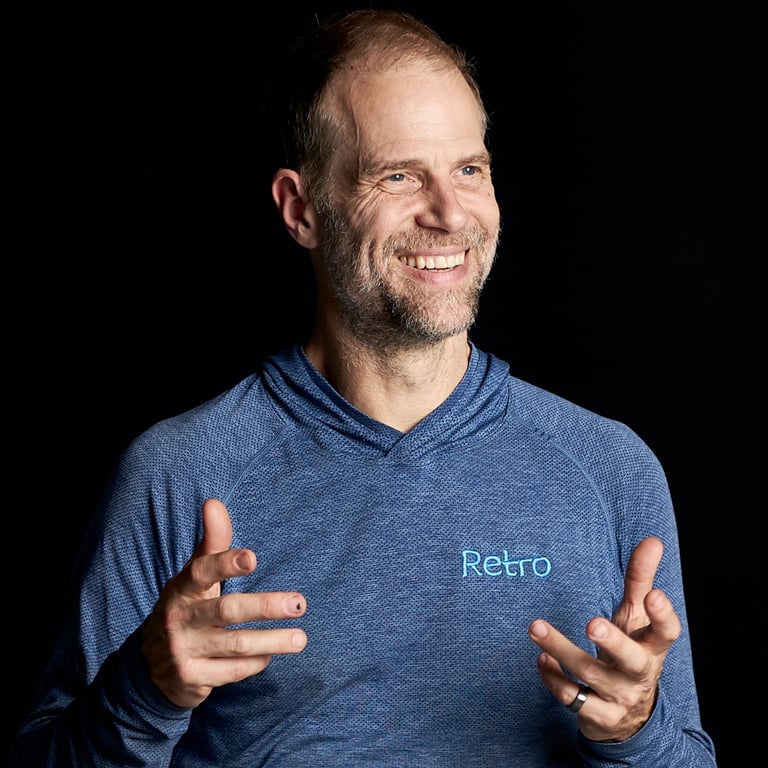
Jonathan Betts-LaCroix
Joe Betts-LaCroix began his entrepreneurial career as a scientist at Harvard, MIT, and Caltech. As part of a three-person team at Caltech, he contributed to the discovery of factors governing electron-tunneling rates in proteins. Their work has been published in journals such as Science and JACS, accumulating over 1500 citations.
He has co-founded three venture-funded startups. His first, OQO, created the world's smallest Windows computer (Guinness World Record 2006) and was acquired by Google. His second, Vium, automated animal research to accelerate medical studies and was acquired by Recursion Pharma. He also spent several years as a part-time partner at Y Combinator, mentoring and investing in numerous bio startups.
Currently, Betts-LaCroix serves as CEO of his third venture-funded startup, Retro Biosciences. The company’s mission is to increase healthy human lifespan by ten years.
Academic board
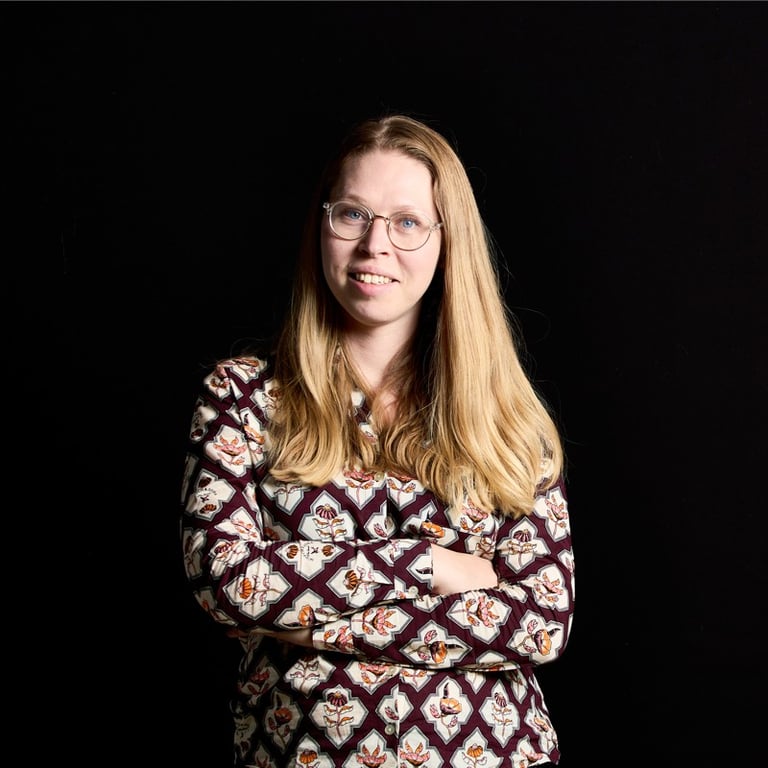
Currently serving as a Staff Scientist at Retro BioSciences, I am an accomplished Postdoctoral Researcher with a rich history in the higher education sector, particularly at Harvard Medical School. Proficient in statistical analysis, specializing in genomic and transcriptomic data, my expertise also encompasses animal research in aging and cancer, along with adept project management skills. Armed with a Ph.D. in Molecular Biology and a Master's in Bioengineering and Bioinformatics from Lomonosov Moscow University, I bring a strong research background to my role.
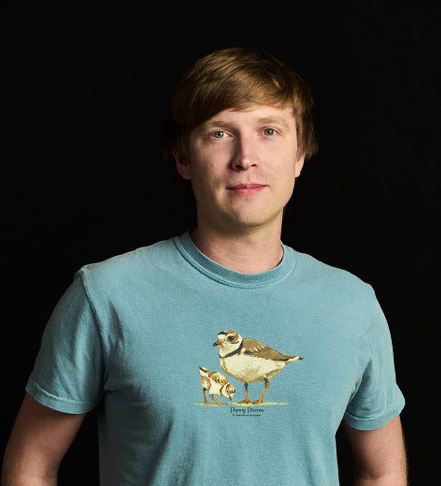
Currently, I am a Staff Scientist in Applied AI at Retro Biosciences. I hold a PhD in theoretical physics of dynamic systems from the Skolkovo Institute of Science and Technology, as well as a master’s degree in physics from Lomonosov Moscow State University. I have been working in the aging field since 2023, starting as a researcher at aging startup Gero.ai with Peter Fedichev and continuing as a postdoc at Harvard Medical School with Vadim Gladyshev. I has been focusing on understanding the fundamental mechanisms of aging through computational biology, statistical physics, chaos theory and modern machine learning techniques. Now at Retro, I apply my broad expertise to advance aging modeling using computational methods, AI, and machine learning. My dream is to significantly extend human healthspan and longevity with new therapies. Besides science, I enjoy history, good literature, birdwatching and the exploration of various countries, languages and cultures.
Faculty, instructors and professional experts
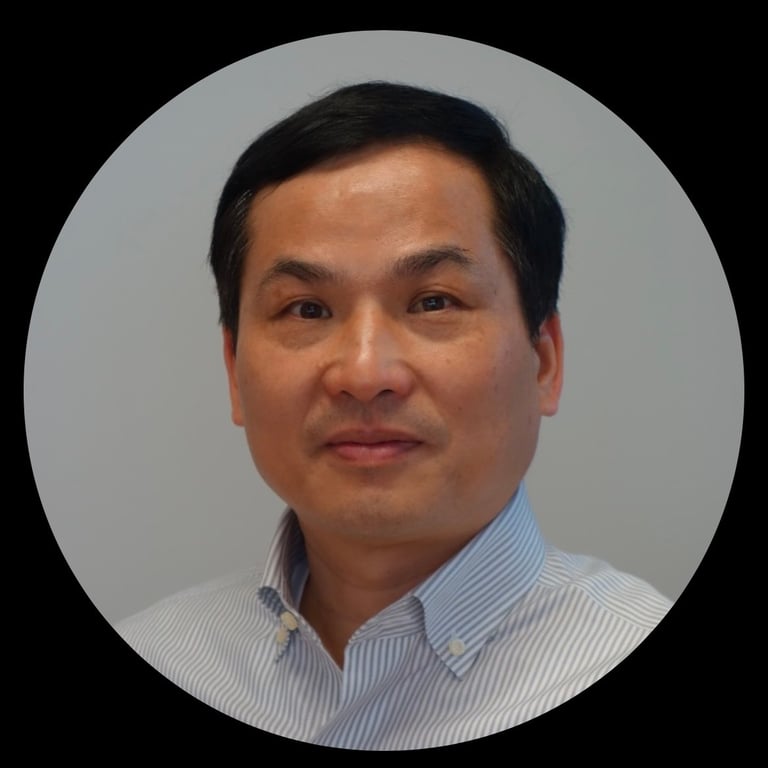
Guoxian (Greg) Wu brings 20+ years of global biopharmaceutical experience in leading R&D from discovery to the clinic. He enjoyed his journey in fields of medicinal chemistry and structure-based drug design (SBDD), where he gained expertise in hit and lead generation, optimization, preclinical studies in oncology and immuno-oncology. Before joining in Retro Bio, Greg led a cross-functional team to advance multiple NCEs into the clinic at Nerviano Medical Sciences, and contributed to drugs garnering regulatory approval (Vemurafenib and Pexidartinib) at Plexxikon-a Daiichi Sankyo company. He is an inventor of over 50 patents and craves for new challenges. Retro’s mission elates him to conquer a different kind of optimization-optimizing quality of life. Greg earned his PhD in Organic Chemistry from Princeton University and Chemistry degree from Fudan University in China. He likes hiking to experience nature in his spare time.
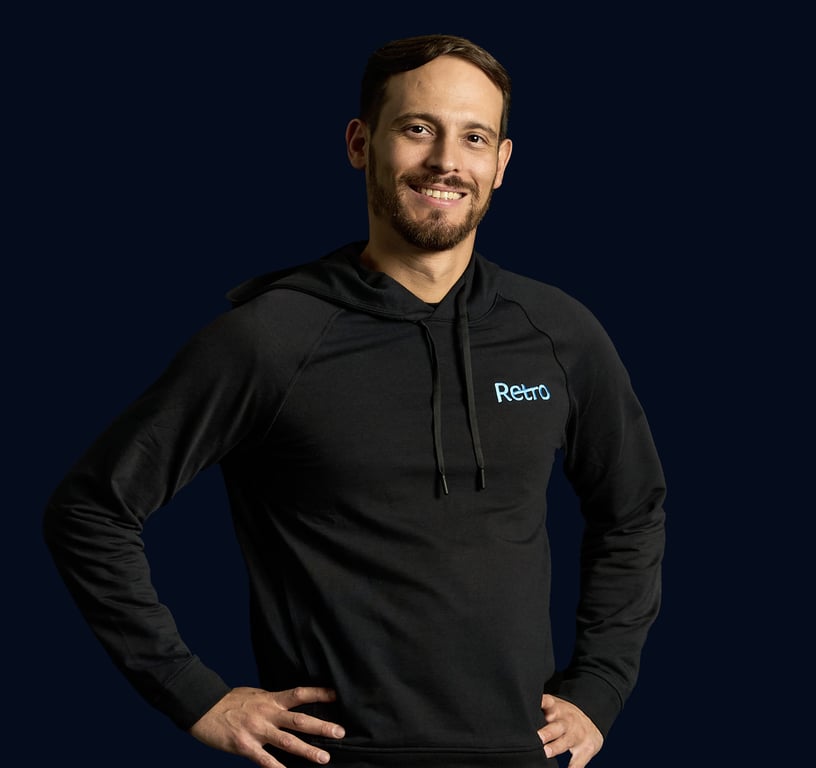
Dr. Petcherski completed his PhD at Goethe University Frankfurt and the Massachusetts General Hospital researching the effects of repurposed drugs on autophagy induction in a model Batten's disease. He went on to become a postdoctoral research fellow in the laboratory of Dr. Orian Shirihai at UCLA to continue research on mitochondrial dynamics and metabolism, mitophagy, and lipid droplet biology. During that time he cofounded several start up companies with his mentor Dr. Shirihai in the metabolism and mitophagy space. In 2024 Dr. Petcherski joined Retro Bio to help develop the autophagy program.

Currently serving as a Staff Scientist at Retro BioSciences, I am an accomplished Postdoctoral Researcher with a rich history in the higher education sector, particularly at Harvard Medical School. Proficient in statistical analysis, specializing in genomic and transcriptomic data, my expertise also encompasses animal research in aging and cancer, along with adept project management skills. Armed with a Ph.D. in Molecular Biology and a Master's in Bioengineering and Bioinformatics from Lomonosov Moscow University, I bring a strong research background to my role.

Currently, I am a Staff Scientist in Applied AI at Retro Biosciences. I hold a PhD in theoretical physics of dynamic systems from the Skolkovo Institute of Science and Technology, as well as a master’s degree in physics from Lomonosov Moscow State University. I have been working in the aging field since 2023, starting as a researcher at aging startup Gero.ai with Peter Fedichev and continuing as a postdoc at Harvard Medical School with Vadim Gladyshev. I has been focusing on understanding the fundamental mechanisms of aging through computational biology, statistical physics, chaos theory and modern machine learning techniques. Now at Retro, I apply my broad expertise to advance aging modeling using computational methods, AI, and machine learning. My dream is to significantly extend human healthspan and longevity with new therapies. Besides science, I enjoy history, good literature, birdwatching and the exploration of various countries, languages and cultures.
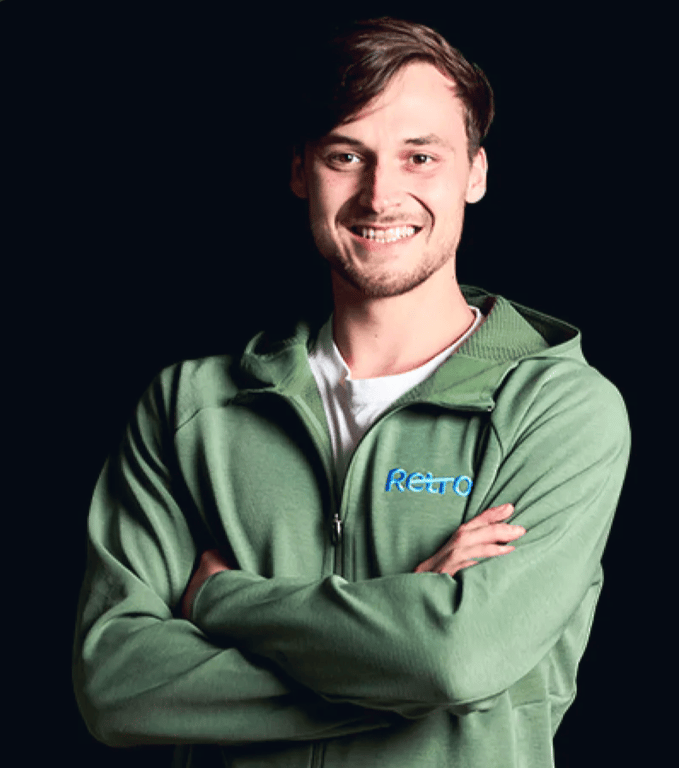
Entrepreneurial and energetic Machine Learning Engineer experienced in bioinformatics pipelines and computational omics methods. My current focus is to explore how gene regulatory dynamics influence disease and my goal is to apply in silico models to uncover novel biological insights and accelerate drug discovery efforts.
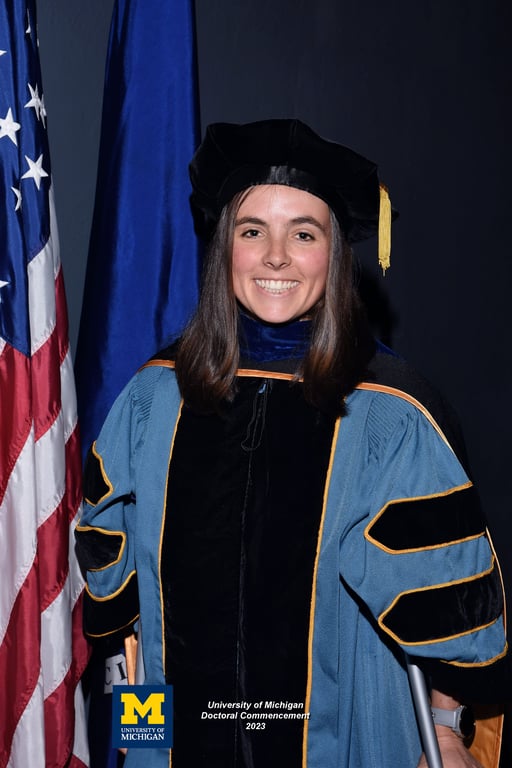
Jacqueline Larouche leads the wet lab group of the applied AI team at Retro Biosciences. Prior to Retro, she received her PhD in Biomedical Engineering and Scientific Computing from the Aguilar Lab at the University of Michigan. Her thesis on cellular and molecular communication networks driving skeletal muscle health and disease was awarded honorable mention for the ProQuest Distinguished Dissertation Award, recognizing the top 20 (out of >800) dissertations submitted annually across all departments at the University of Michigan. She was also a recipient of the prestigious National Science Foundation Graduate Research Fellowships and a Whitaker International Fellowship prior to that.
